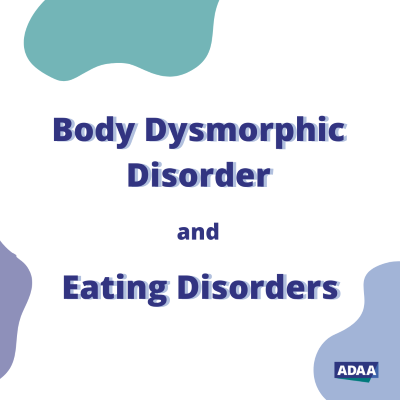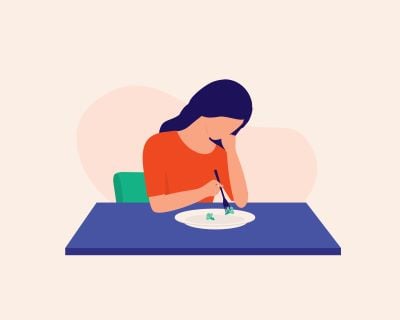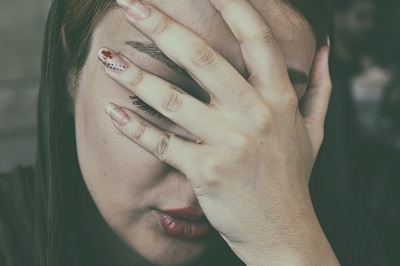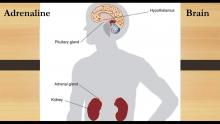Eating Disorders: Treatment
While the seriousness of eating disorders should not be underestimated, eating disorders are not hopeless. Getting a diagnosis is only the first step towards recovery from an eating disorder. Eating disorder treatment and recovery involves intervention, professional treatment, and ongoing support.












